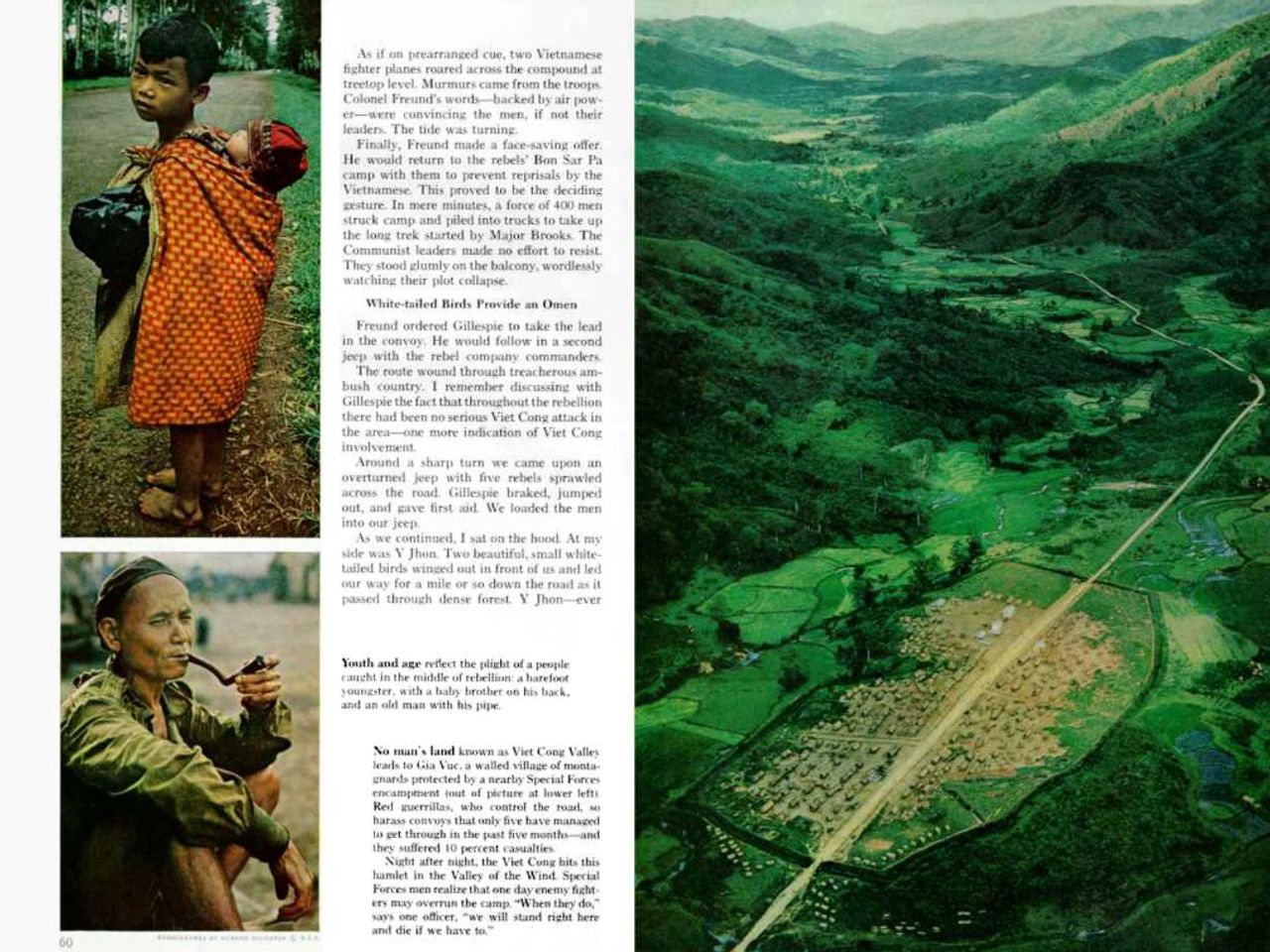Santa distributed chocolate-filled explosives alongside toys for kids in Chelyabinsk during the war period.
Young Warriors of the Motherland: The Courageous exploits of Children during the Great Patriotic War
Gritty determination and unwavering spirit - these were the hallmarks of the young souls who stood shoulder to shoulder with their adult counterparts during the Great Patriotic War. True, they might not have been deployed on the battlefield as regularly, but they sure as hell made their mark on the home front! We sat down with Igor Novikov, a celebrated historian and member of the Russian Military-Historical Society, to gain insights into the invaluable contributions made by the young and the small South Ural residents.
The Great Patriotic War tested the limits of human endurance for all Soviet citizens. Schoolchildren and even preschoolers couldn't help but feel the burn for revenge and the desire to make a difference. In the summer of 1941, faint-heartedness was a luxury these children couldn't afford. The Zlatoust newspaper, 'Proletarskaya Mysl,' published poems penned by local schoolchildren that encapsulated the widespread sentiment of the war years: "You sent thieves and bandits against us, Hitler, you dog's face. I'll go to the front to fight against you, my relatives and friends too..."
While some courageous young souls lied about their age, hid in trains bound for the front, and risked everything to be on the battlefield by summer 1941, many others rolled up their sleeves to assist adults in the rear, their hearts aflame with the spirit of patriotism. Working in factories, taking care of the wounded in hospitals, some even went as far as singing songs and reciting poems to the wounded soldiers. Their presence provided a glimmer of hope amid the despair, reminding the soldiers of their own children.
In the South Ural region, children played a pivotal role in sustaining the industrial and agricultural sectors. During a time when scraps of paper were more valuable than gold, these youngsters managed to find creative ways to contribute meaningfully. When notebooks grew scarce, they jotted down their lessons on whatever paper was available - even tea packaging or draft cards. Work wasn't always confined to desks; they shoveled snow, lent a hand at the Kirov Plant, and did whatever they could to help keep production going.
But it wasn't all work and no play. To keep the spirits of these young warriors high, adults ensured they weren't entirely deprived of joy. New Year's parties were organized during the war, and even the Chelyabinsk confectionery factory started manufacturing 'chocolate grenades' and 'bombs' filled with surprises, precursors to the famous Kinder Surprise candy of the 1970s. True, chocolate was a rarity in those days, but the simple pleasure of a piece of bread, a lump of sugar, and a letter from the front meant the world to them.
For a more in-depth look into the heroic labor of Chelyabinsk children during the Great Patriotic War, as well as their connection to the beloved character Cheburashka, be sure to check out our upcoming article on 'First Regional'. Previously, Igor Novikov also enlightened us on how Chelyabinsk earned its moniker, 'Tankograd'.
While their presence on the battlefield was less common, their impact on the home front was palpable. The Soviet war machine continued to chug along, thanks in no small part to the initiatives of these young dreamers who refused to let adversity stifle their boundless spirit. To these children, everyday chores weren't just menial tasks; they were expressions of love for their Motherland, acts of defiance against the grim reality of war, and symbols of hope for a brighter tomorrow.
I'm not sure if war-and-conflicts can be directly linked to this context, but one could say: "The spirit of these young warriors, fueled by the war-and-conflicts and politics surrounding the Great Patriotic War, was a driving force in their unwavering determination to support their Motherland."
For politics, it could be: "The general-news of the Great Patriotic War testing the limits of human endurance for all Soviet citizens, including schoolchildren and preschoolers, sparked an unquenchable desire in these young Soviet citizens to make a difference."




